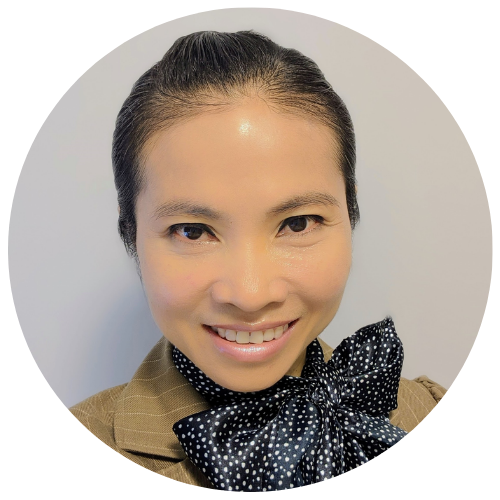Share
Forever Foreigners and the Myth of the Model Minority
Back to MessengerBy Dr. Quyen K. Lam, MD, FRCPC
Read time: 2 minutes
Anti-Asian racism is deep-rooted in Canadian history. Its existence is pervasive, as it spans multiple generations, has interconnections with other forms of racism and affects society on the individual, community, organizational and cultural levels. More recently, there has been an increase in violence against Asian people since COVID-19 was declared a pandemic more than 17 months ago. This article captures only a miniscule snapshot of thoughts about Anti-Asian racism; I may not have all the words, but I do hope to impart some understanding.
Asian Canadians (and Asian Americans) often live under the confines of the model minority myth, antithetically as forever foreigners, or both. Labelling those with Asian ancestry as a model minority not only reduces this vast and diverse race to a monolithic group, but also leads to the expectation that Asian people will “be quiet, conform, and keep their heads down.” Under this myth, Asian people are expected to work hard to succeed in educational institutions and be productive members of society—even if it means enduring racism and losing a part of their culture and self-respect. On the other hand, being seen as a perpetual foreigner means never being accepted into society as a Canadian. Instead, many Asian people are labelled as “others,” perhaps even as outsiders who are causing harm to the collective group by using the resources of the country to which “they do not belong.” Examples of such resources include employment opportunities and the Canadian educational and healthcare systems.
Certainly, these are only two of several anti-Asian stereotypes. I have lived experience with both at different points in my life as a Canadian citizen who emigrated from Southeast Asia as a young child. In fact, I have even imposed these stereotypes onto myself in the past. Such stereotypes may not seem onerously harmful on the surface, but every racist presumption, remark and gesture, even if unintentional, can hurt anyone and everyone, including children, medical learners, patients and physicians. The resultant negative impacts can be indelible, if not detrimental.
Legendary American author, poet and activist Maya Angelou is attributed with the quote, “I’ve learned that people will forget what you said, people will forget what you did, but people will never forget how you made them feel.“ Such inspiring words could not ring truer, especially when it comes to identifying our own implicit biases and their effect on our actions and other people’s feelings. Awareness and empathy are the first steps in the roadmap for racial equity.
 |
Dr. Q.K. Lam is a Physician Health Advisor in the Physician Health Monitoring Program (PHMP) of the CPSA. Prior to this appointment in July 2021, she was a Clinical Faculty Member of the Department of Pediatrics | Alberta Children’s Hospital | Section of Pediatric Hospital Medicine in Calgary, where she practised commencing in 2002.
“You must be the change you wish to see in this world” (often accredited to Mahatma Ghandi) is her philosophy of life. |























Comments for this post are now closed. If you would like to share your feedback on this topic, please email support@cpsa.ca.